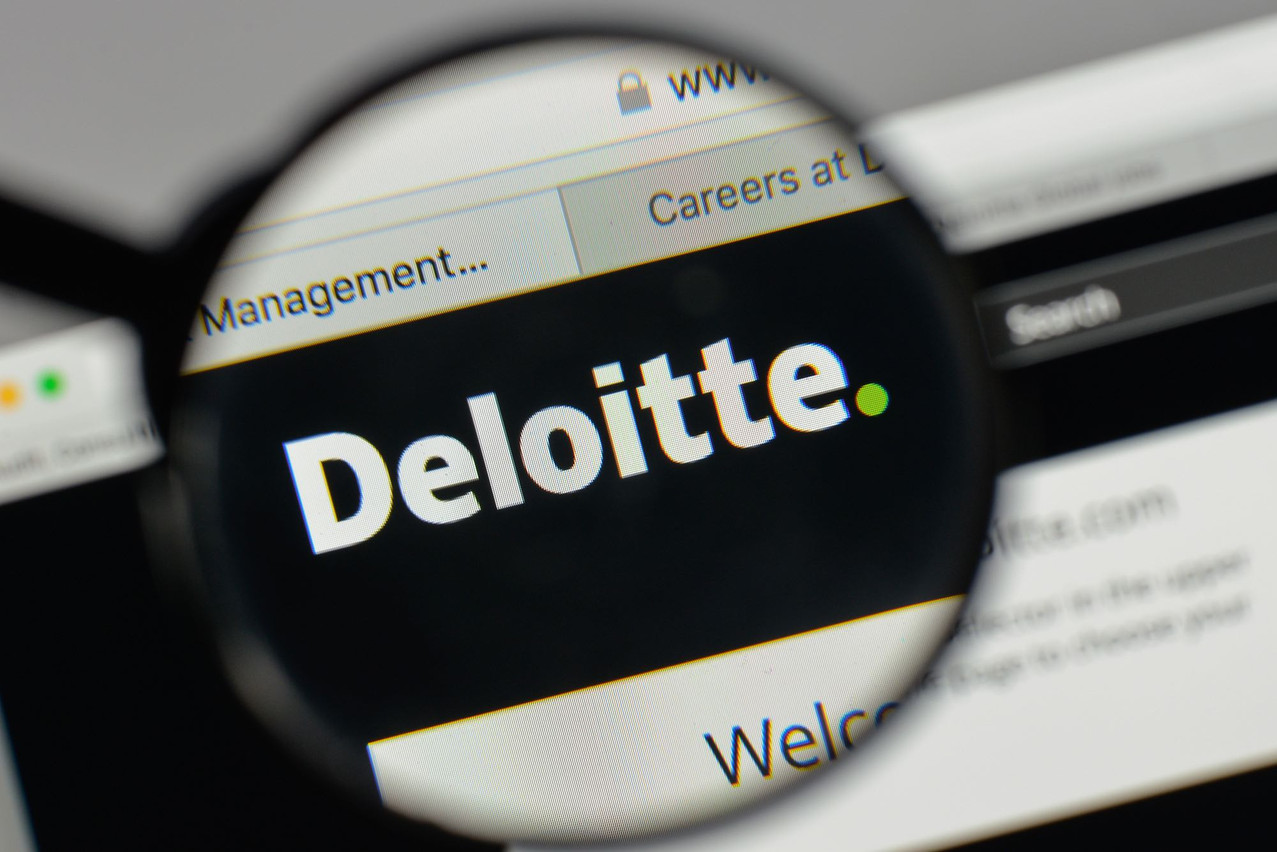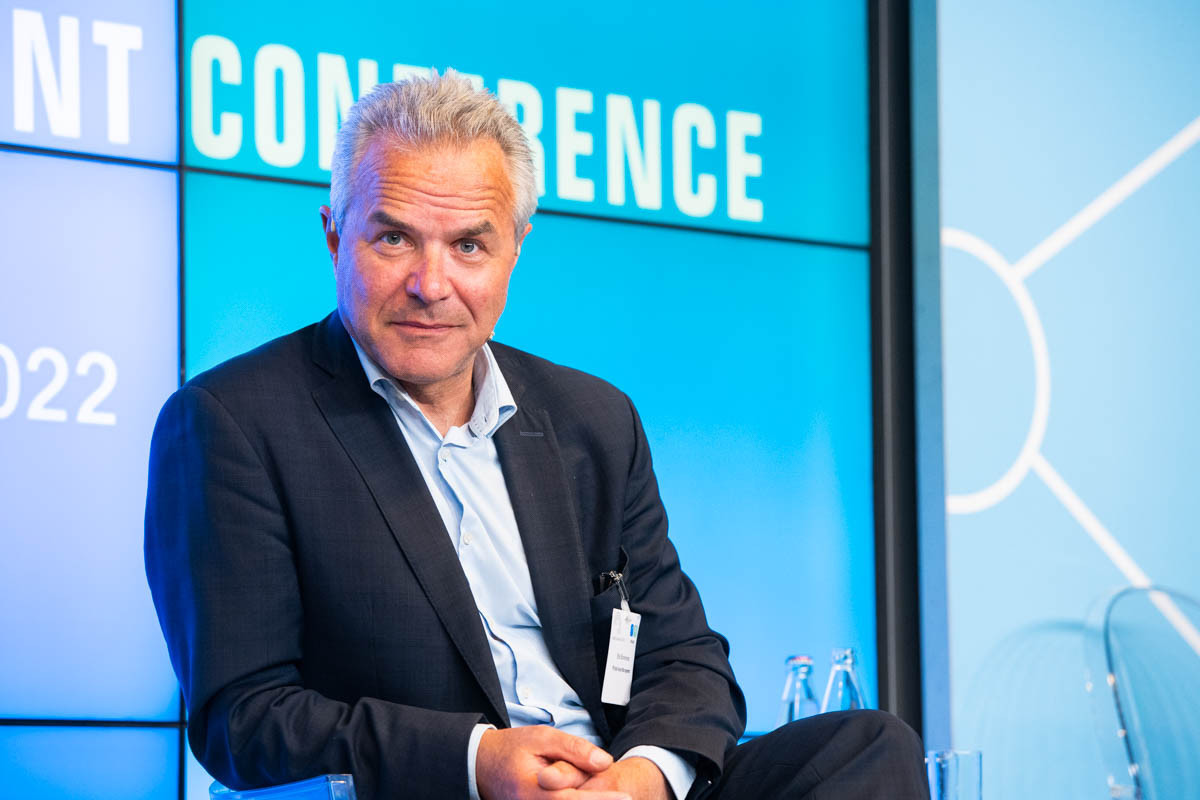A Bloomberg published earlier this month predicted a short-term slowdown in the launch and reconversion of ESG funds, due to the risk of mis-selling and greenwashing accusations.
The story pointed to a recent by German officials on the Frankfurt offices of Deutsche Bank and DWS, who have denied any wrongdoing and have said they are cooperating with the alleged greenwashing investigation. Bloomberg reported that: “Despite the absence of clear rules, lawyers advising ESG fund managers have warned that regulators seem to be preparing for a wider crackdown.”
The news service quoted , deputy director general of the Association of the Luxembourg Fund Industry, as saying: “I sense that we will observe a pause in the launch or repurposing of funds, pending further regulatory developments.” That could pose a problem, since demand for sustainable investment products “from distributors and intermediaries” remains strong, he said.
Alfi declined an interview request.
Burgeoning market
Indeed, a produced by Alfi, the fund data firm Morningstar and the consulting firm Zeb found that nearly half of all net flows last year were into funds that made sustainability claims. Sustainable funds represented approximately 16% of total assets in European-domiciled investment funds, or roughly €2trn in assets, at the end of 2021.
A growing number of funds are categorising themselves in line with the EU’s Sustainable Finance Disclosure Regulation, which is in the process of being implemented.
At the end of April, 34% of funds classified themselves as either article 8 or article 9, Hortense Bioy, global director of sustainability research and manager of research at Morningstar, during a presentation of the report on 21 June. The figure is “getting closer to 50%” and she expects it will pass the 50% mark “in the coming months,” Bioy stated.
Article 8 funds say that they use sustainable criteria in their investment process, article 9 funds have a sustainable objective for their investments, while article 6 funds make no sustainability claims.
Active and incidental greenwashing concerns

According to Deloitte’s “Greenwashing risks in asset management”, greenwashing is “firms making ‘misleading or unsubstantiated claims about the environmental performance’ of their products or activities.” Photo: Casimiro PT/Shutterstock
Greenwashing “is a growing regulatory issue in the UK, EU and globally, particularly given the rocketing investor demand for sustainable products,” according to a published by the consultancy Deloitte in June. “Regulators are concerned that pressure on asset management firms to compete in this growing and profitable market could drive them to exaggerate the positive attributes of sustainable products.”
At the same time, greenwashing could happen unintentionally, for two reasons, Deloitte stated. First, portfolio managers might make an investment decision “based on non-standardized and incomplete sustainability data”. Second, unclear communications, particularly the use of “overly technical language for non-financial performance”, could potentially confuse end-investors or leave them with inaccurate expectations.
‘No significant change’
![“Pictet Asset Management Compliance is responsible for ensuring that [ESG investment] exclusions are implemented through pre- and/or post-trade checks,” the firm’s responsible investment policy reads. Photo: T. Schneider/Shutterstock](https://assets.paperjam.lu/images/articles/fund-firms-mitigating-greenwas/0.5/0.5/640/426/515783.jpg)
“Pictet Asset Management Compliance is responsible for ensuring that [ESG investment] exclusions are implemented through pre- and/or post-trade checks,” the firm’s responsible investment policy reads. Photo: T. Schneider/Shutterstock
The Alfi, Morningstar and Zeb research found that Pictet was the top European asset manager by article 9 fund assets, and one of the top 20 European asset managers by article 8 fund assets.
Asked about a potential pause or slowdown in article 8 and 9 fund introductions until the regulatory landscape became clearer, Pictet told Delano/Paperjam that it had not planned a major shift in its ESG fund approach. “We do not expect to significantly change the way we classify funds under article 8 or 9 based on regulatory technical standards and additional guidance from European regulators and supervisory authorities,” reported Eric Borremans, head of ESG at Pictet Asset Management.
Article 8 and 9 classified funds “represented 56% of total assets under management and 78% of funds in scope of SFDR,” as of May 2022, he stated last week.
Steps in place
“We identified the risk of greenwashing as an important topic of our 2025 roadmap under the leadership of our business risk team.” Borremans said that Pictet had several steps in place “to mitigate greenwashing risks”.
The firm has posted its and has a “product classification system that is more stringent than SFDR and applies to all our open-ended funds and mandates”. There are “pre-trade and post-trade checks conducted by our compliance team, for example, on key metrics in line with our exclusion framework,” he said.
Such checks cannot be easy. “When new exclusions are agreed, it comes into force with immediate effect, precluding new investments,” the framework reads. “Existing investments in excluded securities are divested from relevant portfolios on a best effort basis, but in principle no later than three months after taking effect depending on market conditions.”
Read also
Pictet has also added a “sustainability tab” to the fund fact sheets posted on its website, Borremans noted.
That said, the Deloitte report observed: “Asset management firms are seriously concerned about having to re-label their funds due to supervisory intervention, which may result in significant reputational risk,” and firms could eventually face “regulatory penalties”.
This article was published for the Paperjam + Delano Finance newsletter, the weekly source for financial news in Luxembourg. .
